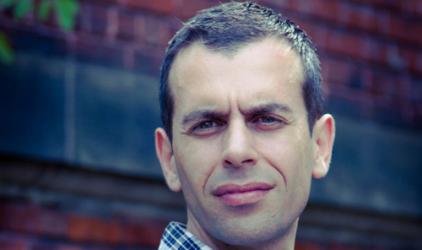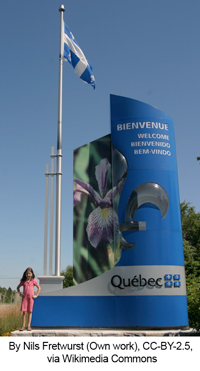History and Its Wonderful Potentials for Making a Difference in Peoples’ Lives (Paul Zanazanian)

As an educator and researcher in the area of history teaching, I recognize humans’ innate goodness and great potential for bringing about positive change to our world. Dimensions of care, curiosity, and imagination surely play a central role in making improved tomorrows possible. In always trying to help others develop necessary mindsets for appropriating relevant thinking tools, I believe individuals’ emerging rationales that justify such quests for change can constantly be better articulated and accounted for, both critically and ethically.
Following this logic, I am greatly captivated by grasping how humans give meaning to the past for knowing and acting in the world. More specifically, I marvel at seeking to comprehend the workings of historical consciousness and its impact on how humans construct social reality for purposes of living life. What ultimately fascinates me are the how and why of history that enable individuals to inform their identity and to act out their agency in the world.
My current research activities address this interest at two levels, especially as it relates to social actors’ historical sense-making patterns when negotiating their epistemological understandings of the world in both formal and informal educational settings.
Firstly, I look at the workings of historical consciousness as they inform individuals’ ethno-cultural, civic, and national identities. Since I am based in Québec, I have thus far examined this in terms of the structuring of group boundaries among the province’s many different communities, including those of French Canadian descent, English-speakers – in all their cultural and linguistic diversity – and other minority groups.
In line with this interest, I have recently been awarded a Social Sciences and Humanities Research Council of Canada (SSHRC) grant for a project entitled: Historical Consciousness and Community Education: How English-Speaking Community Leaders in Québec Make Sense of the Past for Fostering Community Vitality and Civic Engagement.
 The project seeks to understand English-speaking Québec community leaders’ historical consciousness and how it conditions the social posture from which they educate group members about civic engagement. More specifically, it attempts to grasp how such community leaders mobilize notions of history for fulfilling their public role as educators in vitalizing English-speaking Québec and to what ends. It further aspires to discern what they know of the history of Anglo Québec and of the potential for enhancing civic engagement by its teaching to the community.
The project seeks to understand English-speaking Québec community leaders’ historical consciousness and how it conditions the social posture from which they educate group members about civic engagement. More specifically, it attempts to grasp how such community leaders mobilize notions of history for fulfilling their public role as educators in vitalizing English-speaking Québec and to what ends. It further aspires to discern what they know of the history of Anglo Québec and of the potential for enhancing civic engagement by its teaching to the community.
At a second level, my work further focuses on another facet of my interests, that of better understanding the ways in which educational practitioners use their historical consciousness for developing a sense of professional identity and agency. Fascinated with the dynamics of teachers’ disciplinary and pedagogical know-how, I am currently investigating the different ways in which future educators make sense of the past for developing and theorizing their teaching philosophies and for visualizing strategies for putting such conceptions into practice. Consequently, I am keen on assessing the impact that their understandings and uses of history may have on the manner in which they negotiate their public role and responsibilities as future practitioners and whether these comprehensions lead them to creatively imagine, appreciate, hope for, and possibly even seek improved tomorrows.
In terms of the pedagogical outcomes of my work, I seek to develop democratic and inclusive teaching strategies for fostering intergroup comprehension and dialogue among Québec’s different communities (such as between English and French speakers) through the teaching of history. Constituting a possibility of change, one example of such a strategy is my commitment to creating an information resource book on the diverse realities and experiences of Québec’s English-speaking communities for the province’s history teachers. Another is my creation of the History is a Treasure Chest metaphor as a means of initiating teachers and students to the many wonders of the past at personal, professional, epistemic, and methodological levels, to the many possibilities it holds for affecting responsible and positive change, if so deemed necessary, and to their ability to better justify their worldviews and social/life rationales, irrespective of the perspectives they hold in that regard. Such pedagogical tools are greatly needed today for many social studies classrooms, both in and beyond Québec, irrespective of language use and group identity.
- Se connecter ou créer un compte pour soumettre des commentaires
- Français

